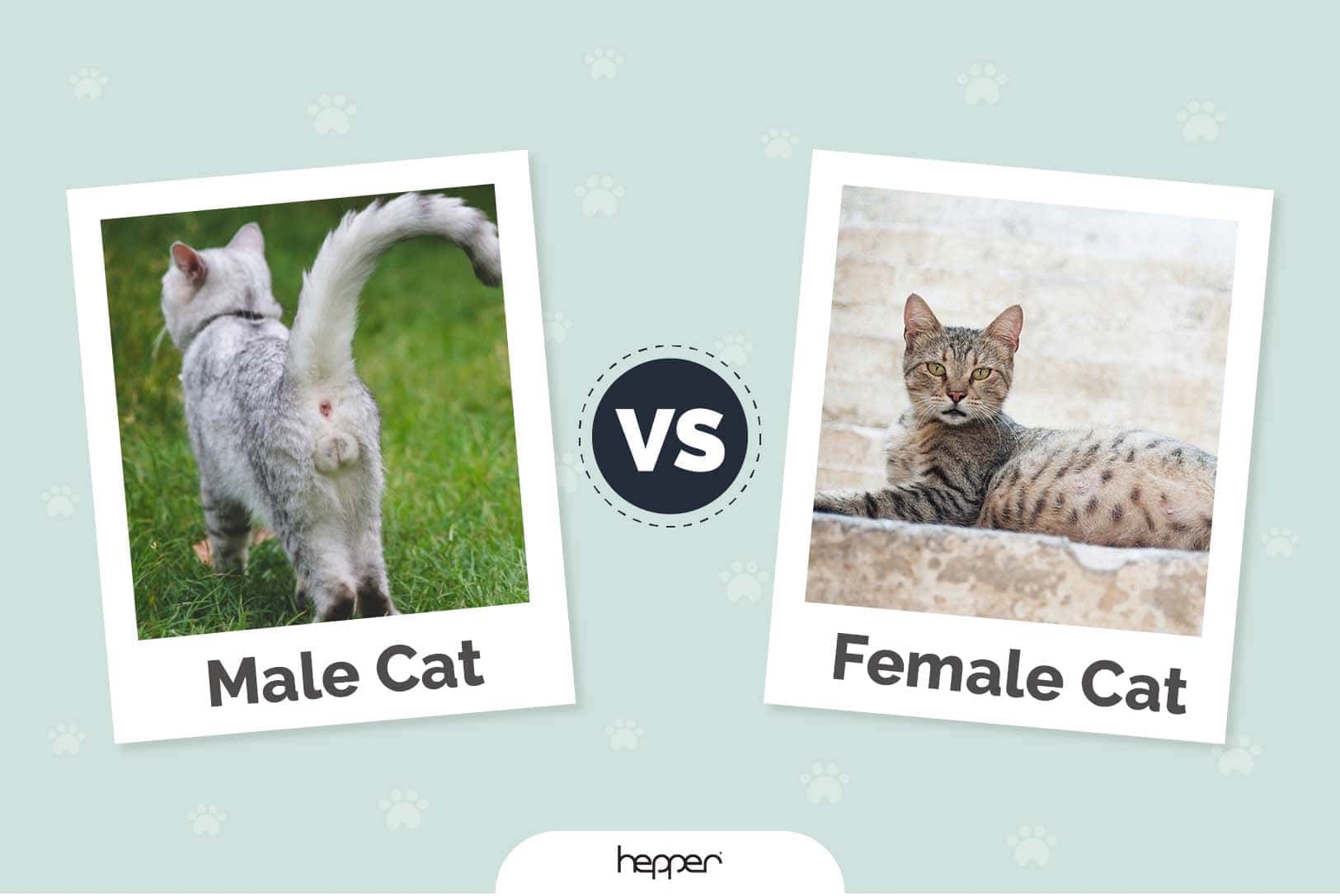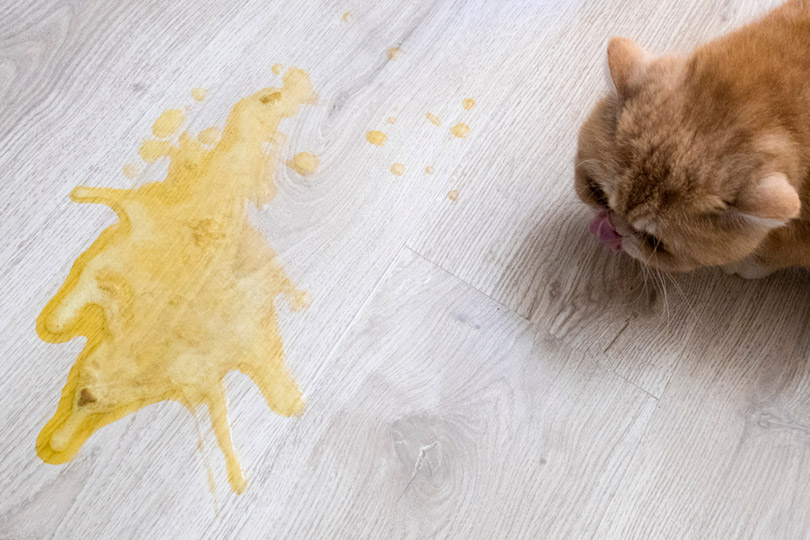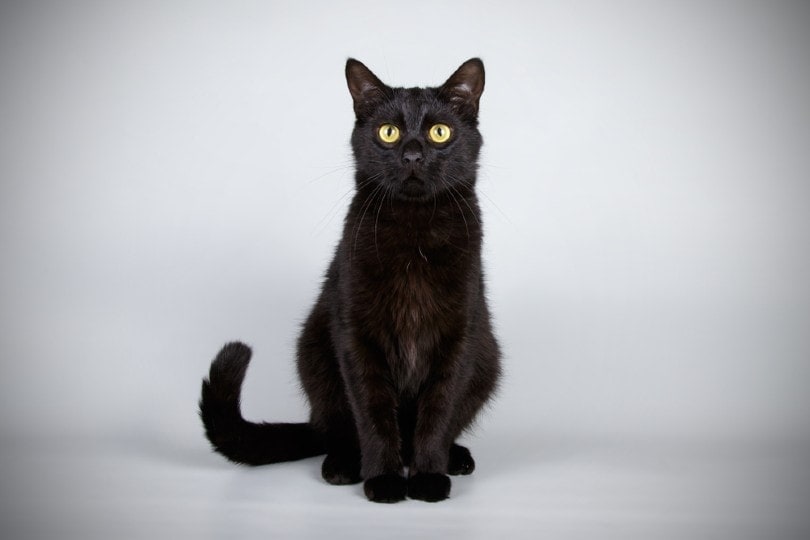Is Anthurium Toxic to Cats? Vet-Approved Risks & Facts
By Jessica Kim
Updated on
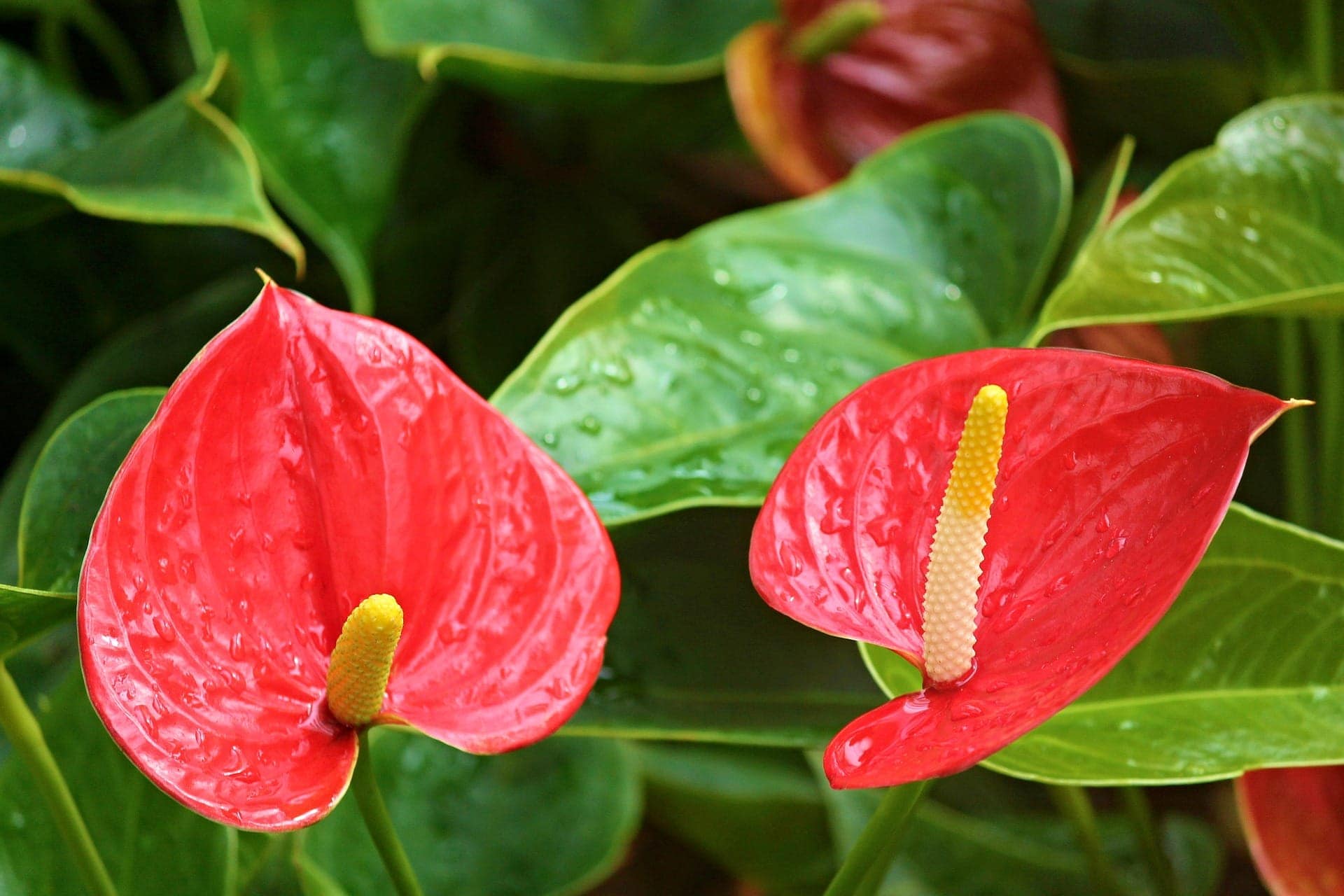
Anthuriums are intriguing plants and very common across North America. However, if you have cats in your home, it’s best to not have anthuriums in your home. These tropical plants are toxic to cats and can cause them to feel very sick.
Although it’s rare for cats to face fatal consequences after ingesting anthuriums, it’s best to keep your house free of these plants. There are many safer, non-toxic alternatives that still make your home feel lively and refreshing.
 What is Anthurium?
What is Anthurium?
- Flamingo Lily
- Tail Flower
- Oilcloth Flower
- Pigtail Plant
- Painter’s Pallet
These plants typically have leathery leaves and a vibrant spathe with a spadix with many flowers in the center.

Why Anthurium is Toxic to Cats
Anthuriums contain insoluble calcium oxalate crystals. All parts of the plant are toxic, so your cat will ingest calcium oxalate crystals if it eats the roots, stems, leaves, flowers, and even seeds. They also contain an as yet unverified protein like toxin.
Insoluble calcium oxalate crystals cause extreme irritation because of their sharp texture. Therefore, cats often only take one bite of the plant due to the immediate discomfort and mouth pain.
Symptoms from Ingesting Anthurium
For the most part, cats will experience mild to moderate symptoms when they take a bite out of an Anthurium. You may see your cat exhibiting one or more of these symptoms:
- Oral irritation
- Pain and swelling of mouth, tongue, and lips
- Excessive drooling
- Vomiting
- Difficulty swallowing
- Frantic pawing at the face or shaking the head
- Eye pain if the plant crystals get in the eyes
- Skin pain or blistering if the crystals contact the skin
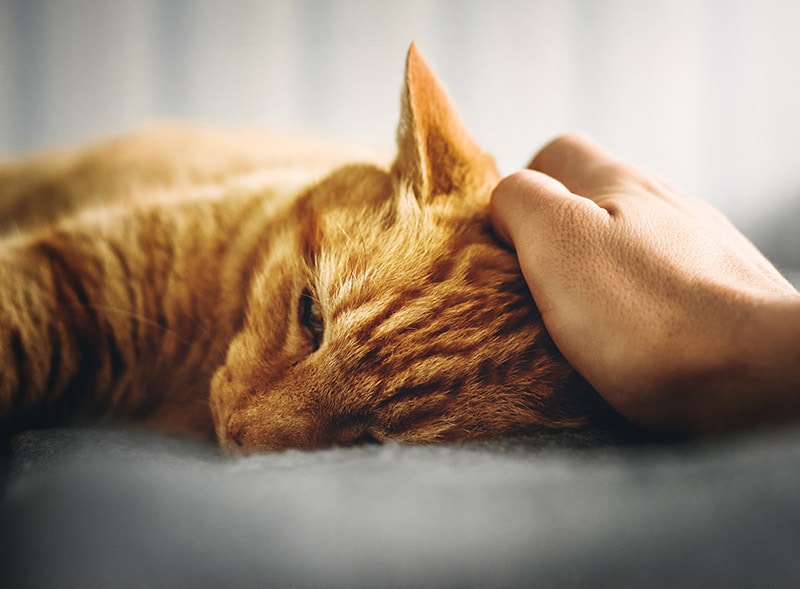
What To Do If a Cat Eats Anthurium
Fortunately, not all brushes with Anthuriums warrant a visit to the veterinarian or emergency animal hospital. If you know that your cat has only eaten a tiny piece of an anthurium, monitor its condition closely. If the discomfort settles quickly, continue to monitor them over the next few days. Check with your veterinarian if you have any concerns.
You can try and provide a small amount of milk or yogurt to help bind any crystals it has ingested. You should only do this if your cat is able to swallow and breathe normally. Also, be on the lookout for any common symptoms mentioned above or changes in behavior from your cat.
If your cat has eaten a lot of the plant or is in a lot of pain you should get them checked out by the vet. If you notice that your cat has difficulty breathing, contact your veterinarian as an emergency, although rare your cat may not be able to inhale enough oxygen due to swelling of the throat.
Veterinarians can also prescribe pain relief medication and gastrointestinal protectant medications to soothe the stomach while your cat passes the insoluble calcium oxalates.
Cat-Safe House Plant Alternatives
Rather than go through the risks of having your curious cat take multiple bites out of Anthuriums, it’s safer to choose non-toxic houseplants. Having these types of plants in your home relieves you from stress and can still enjoy having beautiful foliage decorating your living spaces.
If you’re looking for safe houseplants, here are 10 common houseplants that are non-toxic with relatively easy care needs:
- African Violet
- Baby’s Tears
- Boston Fern
- Calathea
- Prayer Plant
- Parlor Palm
- Rose plants
- Spider Plant
- Watermelon Peperomia
 Final Thoughts on Anthuriums
Final Thoughts on Anthuriums
Anthuriums may have a striking appearance, but they’re not safe for cats, especially curious ones who may want to chew, paw, and scratch at them. Because these plants can cause significant discomfort and irritation for your cat, it’s best to avoid having them as houseplants. There are plenty of other non-toxic alternatives that will keep your pet safe and your mind free of worries.
Related Reads:
- Is Coleus Toxic to Cats? Keeping Your Cat Safe
- Is Gladiolus Poisonous To Cats? Keeping Your Cat Safe
Featured Image Credit by: Pixabay

 What is Anthurium?
What is Anthurium?
